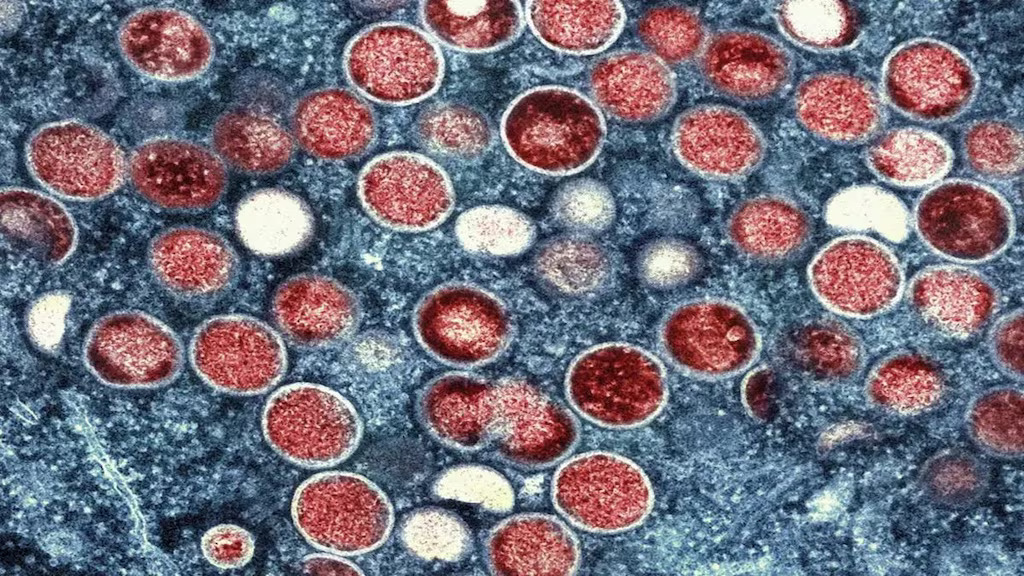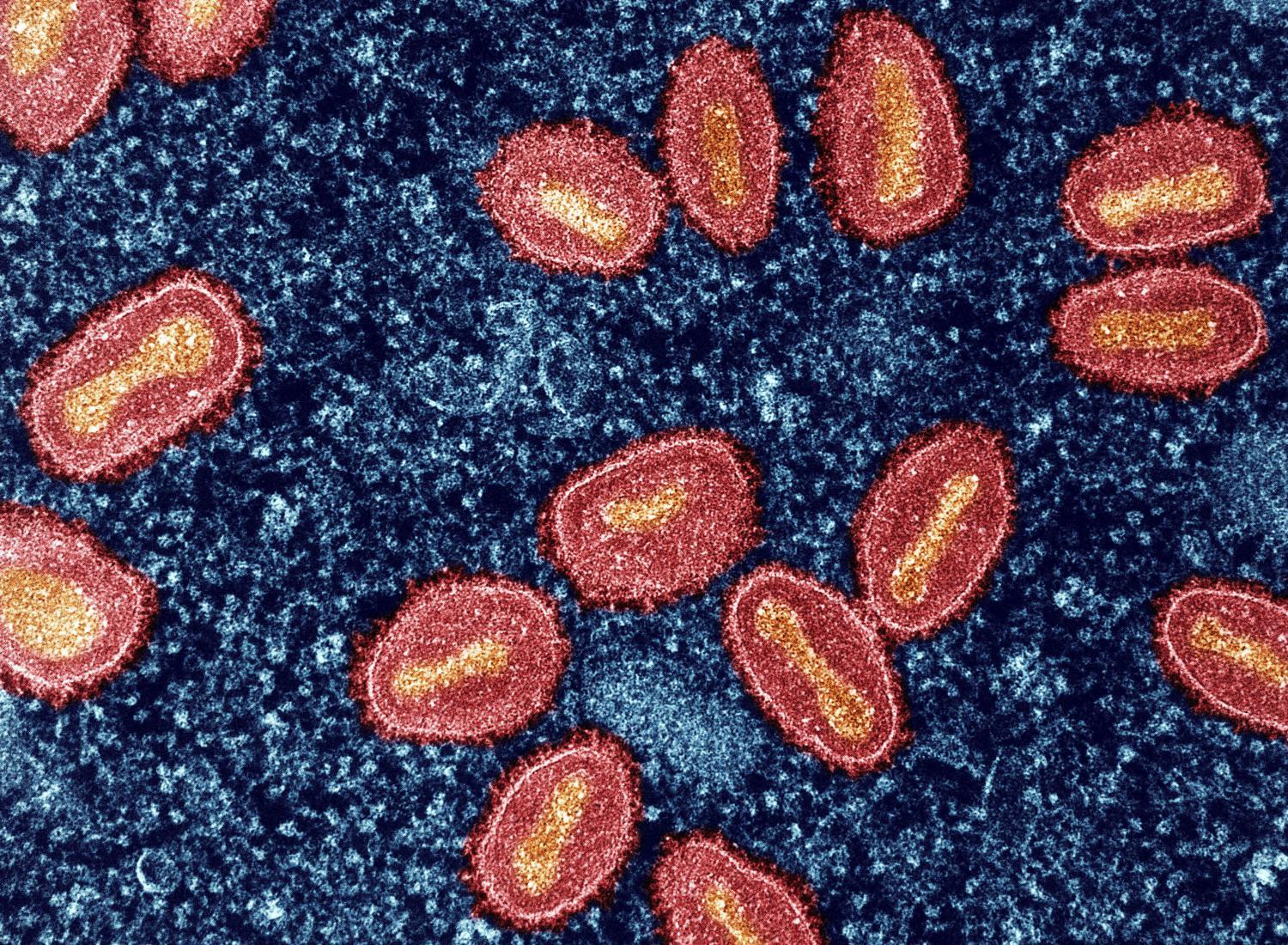The Indian health ministry has confirmed the first case of the clade 1b variant of mpox, prompting a public health emergency alert from the World Health Organization (WHO). This case involves a 38-year-old man who traveled from the United Arab Emirates to Kerala, where he was admitted to a government hospital displaying symptoms such as fever and rashes.
This development is particularly concerning as the clade 1b variant, which has shown fast-spreading capabilities, continues to emerge on a global scale.
The origin of the clade 1b variant can be traced back to the Democratic Republic of Congo (DR Congo), where it was first identified and has since spread to neighboring African countries.
In August 2023, the WHO declared mpox, previously known as monkeypox, a public health emergency due to a significant rise in cases, which has resulted in at least 635 fatalities in DR Congo this year alone. The situation highlights the potential for further health crises, especially in populous nations like India.

In Kerala, health officials have identified approximately 55 individuals who came into contact with the infected patient. These include 29 friends and family members and 37 co-passengers from his flight, all of whom are currently being monitored for any symptoms of the disease.
As of now, none of the contacts have shown signs of mpox, indicating that immediate containment measures may be effective. The local health authorities remain vigilant in their monitoring efforts.
Previously, the Indian health ministry had reported a case involving an older strain of mpox, known as clade 2, which is not related to the current outbreak. Between 2022 and March 2023, India documented around 30 cases and one death from this older strain. This clarification underscores the importance of accurate reporting and the need to differentiate between the strains to effectively manage public health responses.
In light of the new variant’s emergence, Indian health agencies are ramping up their preparedness efforts. With many citizens traveling abroad for work, measures such as thermal scanning at major airports and enhancing testing capabilities at over two dozen laboratories are being implemented.
While mpox is transmitted through close physical contact, including sexual encounters, it is not easily spread through the air, distinguishing it from recent pandemics such as COVID-19. This knowledge is vital for informing public health strategies moving forward.
